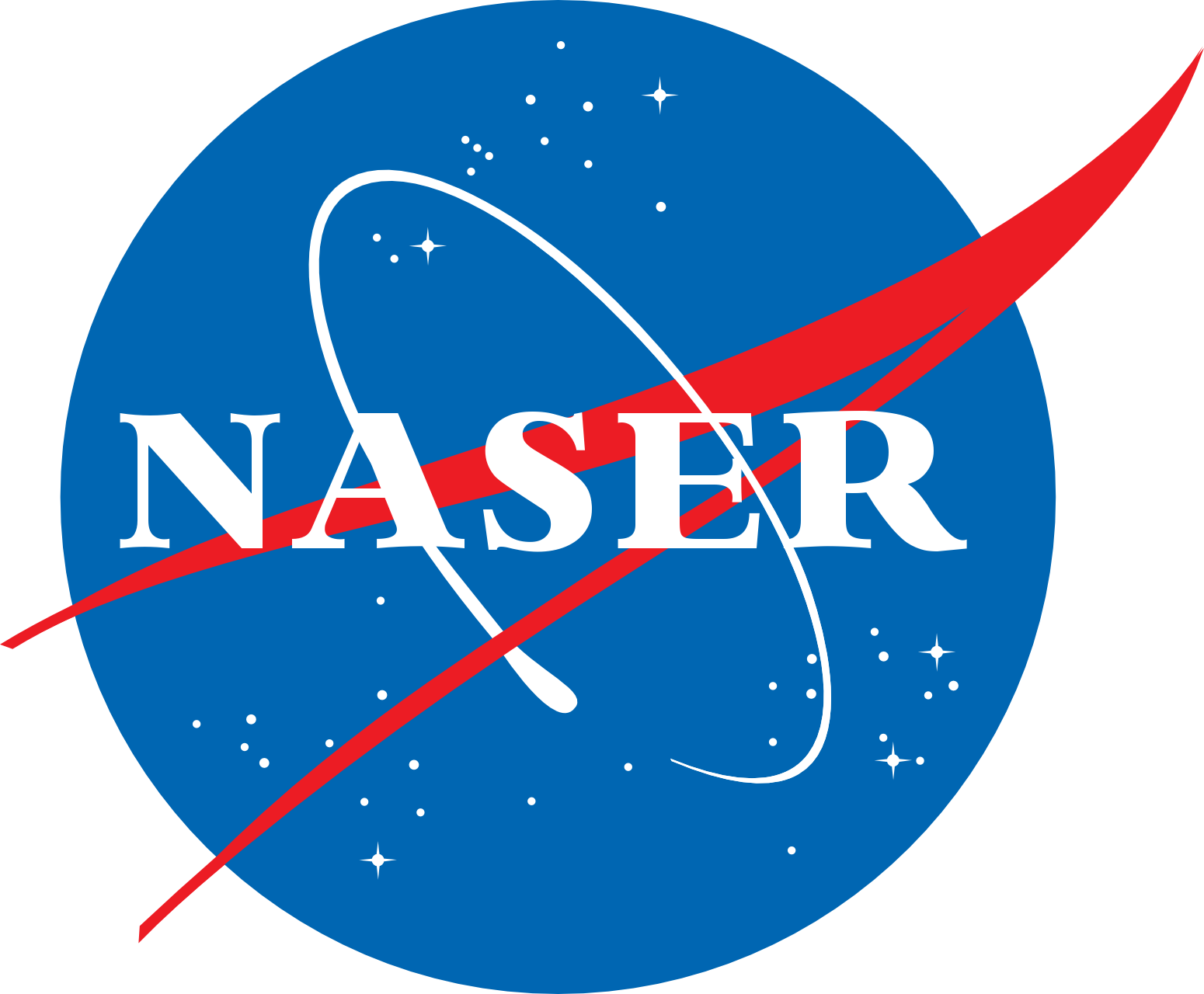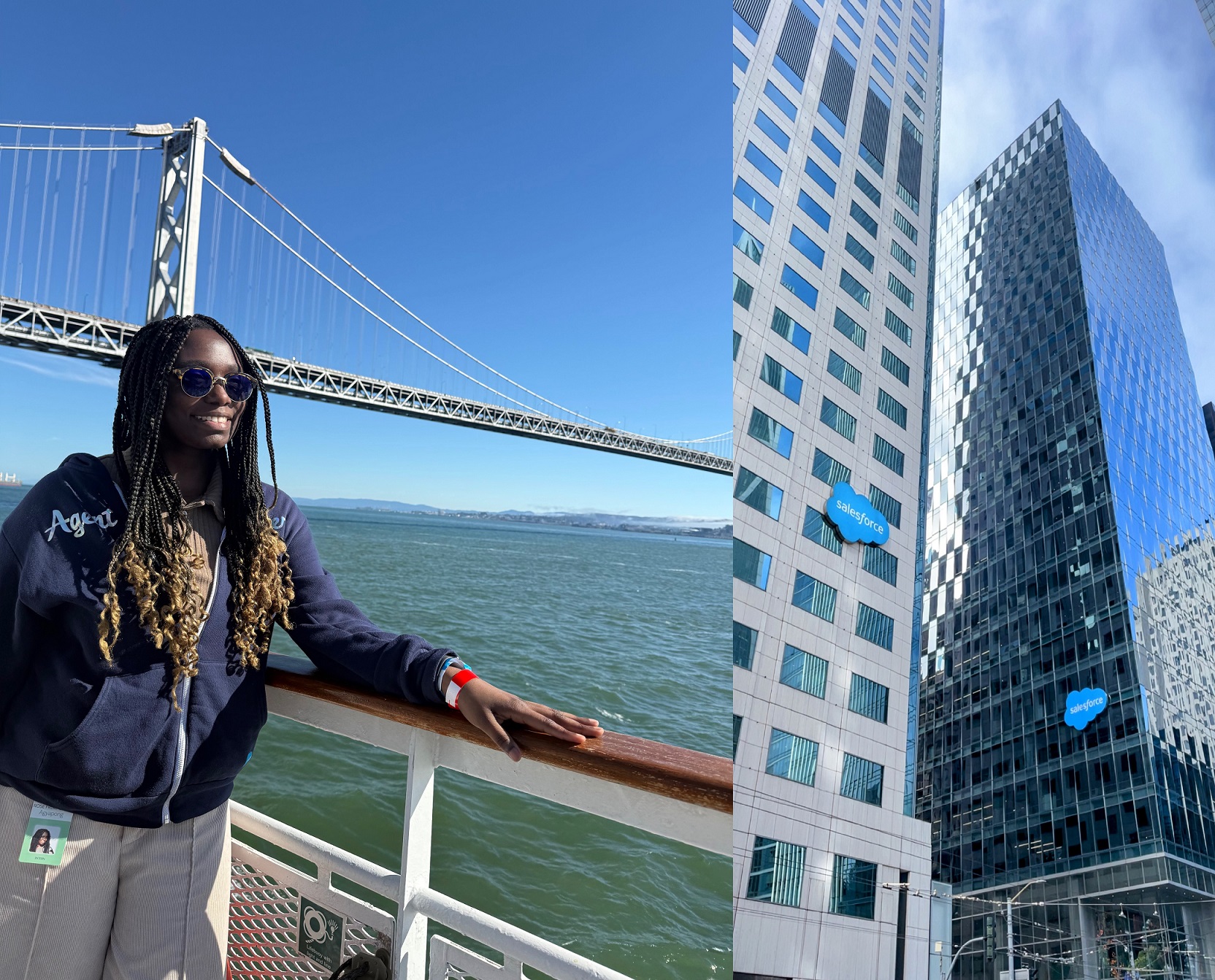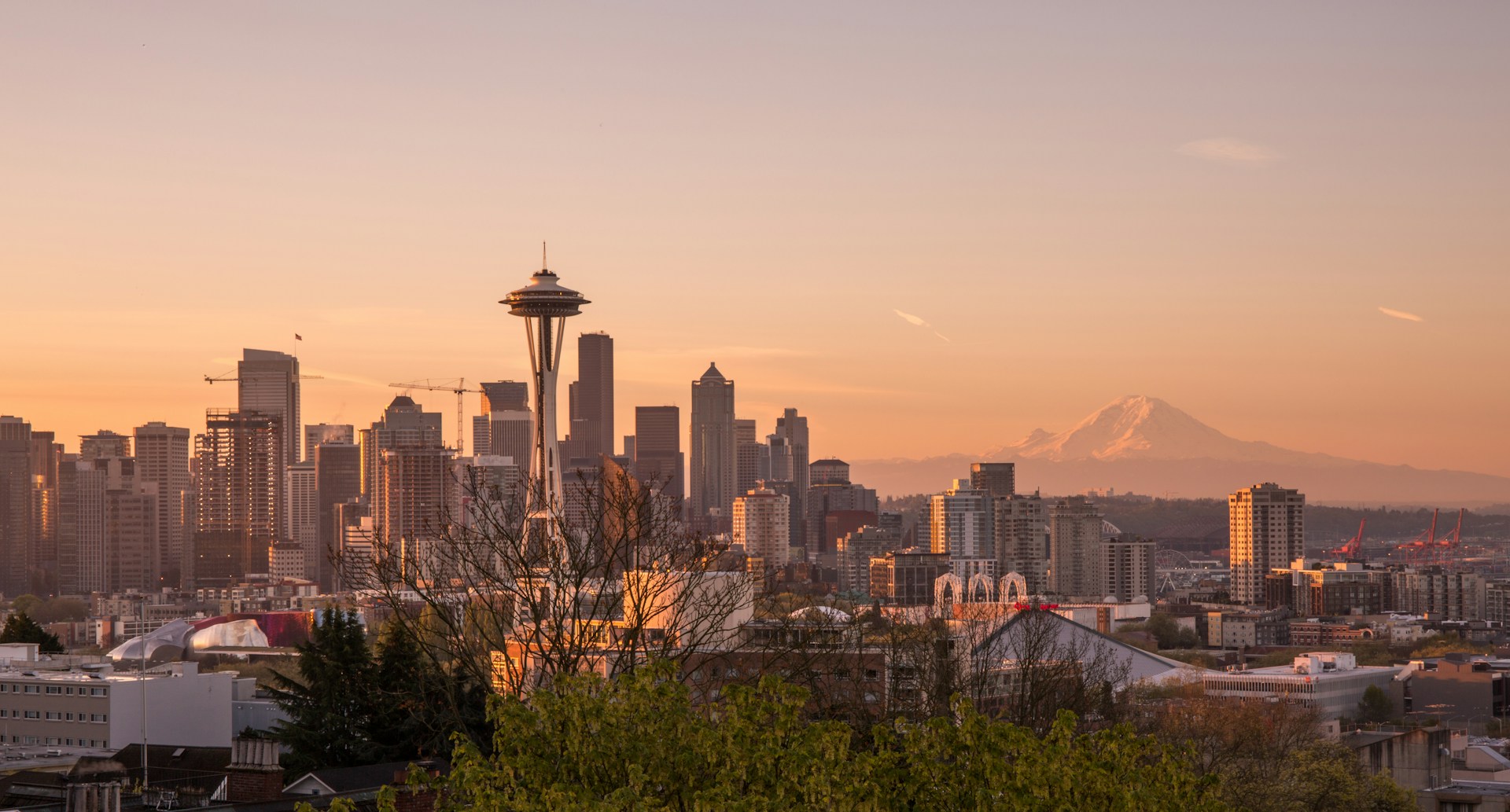Breaking into Big Tech: Nick Peterson '22’s Path to Amazon
Written on September 14th, 2023 by Naser
Photo by Nick Peterson ‘22
This post is part of a spotlight series highlighting the work of exceptional students and alumni. The series aims to facilitate knowledge sharing among students on topics such as internships, jobs, entrepreneurship, and graduate school.
Today, I have the pleasure of talking to Nick Peterson ‘22, who will tell us about his experience a Software Engineer at Amazon.
I’m Nick. I graduated in December 2022. At Colby I was involved in the Maine History and Food Club, a TA in the CS department, a tour guide, and I competed on XC and Track and Field. I completed an honors project on indoor BLE (Bluetooth Low Energy) Wayfinding with Professor Wolfe. My 300-level electives, all of which I loved, were 330/430 Databases with Prof. Doore, 353 Smart Systems with Prof. Wolfe, and Operating Systems with Prof. Al Madi!
Naser: What do you do at Amazon?
I’m currently an SDE-I at Amazon (we call Software Engineers SDEs at Amazon). I work at the Sunnyvale office right in the heart of Silicon Valley! Currently I’m living in San Francisco, so it’s a bit of a commute, but Amazon has coach busses and pays for public transit. I was hired last year after applying on June 25th. My original start date was February 6th, but Amazon pushed it to August 7th – this was part of the recent tech industry layoffs. I was very lucky in not being laid off, and they also gave everyone who was delayed $13,000 for the troubles. I used this money to go on a trip around the world, but that’s a story for another time.
At Amazon, I’m on the FireTV Ads team. When you have a FireTV – much like AppleTV, for those not familiar – there are lots of suggested shows and products that appear all over the place when you’re navigating the UI. In our business, all of these are considered ads. My team owns the system(s) that display the ads on the UI. The software handles millions of requests per second, going 24/7. My team, though it is only 9 people, drives a very significant profit for Amazon. Every day, I am working on software that directly affects 400 million users all around the world. Due to the significant impact of what we work on, even a singular line of code must be rigorously inspected and tested. It gets annoying sometimes, but it’s honestly mind-blowing how much impact my software has. It’s challenging work, and there is nobody standing between us and the users. One of Amazon’s core principals is ownership. This means that every team fully owns what they’re working on, from start to finish.
With all of that said, it sounds like an intimidating job! At first, I certainly felt that way, but my teammates and fellow Amazonians have been nothing but incredibly helpful and friendly. It’s wonderful to have all these knowledgeable people around me. Kinda like Davis Science Center!
Naser: What’s a day in your life like?
We go into the office on Mondays, Wednesdays, and Thursdays. At first, I did not like the idea of return-to-office, but now I love it. You can get to the office any time between 8:30 and 10:00, as long as you get a good 8 hours of work in. which helps a lot with rush hour and flexibility.
My typical work day is as follows:
-
8:15: Take the city bus to the Amazon bus.
-
8:40: Depart for Sunnyvale on the Amazon bus.
-
10:00: Arrive Amazon. Answer emails, look at tickets, assess the situation if any service went down overnight.
-
10:30: Standup! It’s more fun in person!
-
11:00: Work on whatever ticket I have right now. So far, most of my tickets have been little tweaks to the codebase – adjust this, put an alert on that internal dashboard – keep in mind, these tiny little tweaks impact 400 million FireTV devices!
-
11:30: I’ll usually break for lunch around this time. Depends on how I’m doing with my work. I like to take breaks when I’m not stuck on anything – it’s a lot easier to regain momentum when you come back from your break. That’s a pro study / CS project tip, try it out.
-
12:00pm: Sometimes I’ll have a longer break, sometimes shorter. Depends on the vibe. The Sunnyvale office shares a campus with Facebook and Google, and there’s a really nice courtyard in the middle. It’s also sunny and 75 every day in Sunnyvale (lol checks out), which is just a little bit different from Maine! There’s a lot of freedom here, you just need to get your work done!
-
2:00pm: On Thursdays, I’ll have my 1-on-1 with my manager. We take a good 30 minutes to walk around or do whatever we want to do, and just talk about anything we want to talk about. He uses this as a way to check in with me and make sure I’m succeeding, and I have whatever I need. It’s also a safe space for me to ask for career advice. Amazon takes really great care of me!
-
6:00pm: I’m done with work around this time. The bus home should be leaving soon!
-
8:30pm: I’m home!
On a typical work day, I’m probably spending about 5-10% of my time coding. The rest of the time I spend digging around the (massive) codebase and checking and testing my code, and meeting with teammates.
Naser: What technologies do you use?
At Amazon, I primarily use Java and JavaScript. Technology-wise, there are a ton of things we use, most of them proprietary technologies created and maintained by Amazon, that are similar to better-known technologies on the market. One of the core Amazon technologies is a lot like Kubernetes. I learned my technologies by bothering the ** out of my teammates and manager with questions. Just kidding, they don’t get annoyed. They are so supportive of me, and they have all been so excited to have me onboard!
Naser: How does your job align with your academic studies at Colby? Are there any courses that you found more important/helpful after you started your professional career?
I know how to ask questions and communicate because of Colby. Those are the most important things I learned at Colby with regard to my job. I know how to ask questions. You must ask questions in the software engineering world. You are not expected to know everything. You are only expected to ask questions. Also, teamwork is one of the most important skills to have. More technically, I learned a lot about software development and refinement from my classes. I’m also good at debugging, mostly from all those CS 333 segmentation faults!
Naser: Can you tell us about the job search and interview process? And how did you prepare for it?
I could go on for hours about this process. I have a pretty interesting story. My first company rescinded my return intern offer for summer 2021, it’s a long and funny story, feel free to email me about it. Point is, you have to just apply and not think about it. Apply apply apply. I have a spreadsheet of all the jobs I applied to and as the stats go, I applied to 100 companies and was rejected from 98, most of which didn’t even give me a first-round interview/coding challenge. No, I wasn’t “good” enough to get even a first round interview/coding challenge for Chic-Fil-A’s software engineering position. Don’t take rejection personally.
As for the actual process of interviews, you can look it up on Glassdoor or Reddit. For me at Amazon, I aced the coding challenge (only after getting a panic attack because I thought the questions were asking for dynamic programming!), then I passed a social skills assessment, then the job was pretty much mine. It took about 2 weeks between me getting the first contact and getting the offer. Amazon makes offers fast!
Naser: What tips would you give students interested in joining a large tech company in the future? You can mention any details that you like, including websites and other resources.
- Grind75.
- Do your dynamic programming.
- Don’t worry about anything harder than Leetcode Mediums.
- Make your resume look great. Talk to CP. He pretty much got me my job at Amazon.
- Don’t give up.
Since you read through this and picked up my knowledge, I’ll share with you my total compensation. I am very pro-salary transparency. My base is $148,600, my signing bonus is $46,100, and my stock grant is about $6,100 in AMZN stock (it’ll vest in a year). You can add up the numbers. The state of California and Uncle Sam take away about 40% of it. It’s the California life.
Feel free to reach out to me at peterson.nicholas.0719 at gmail.com!


